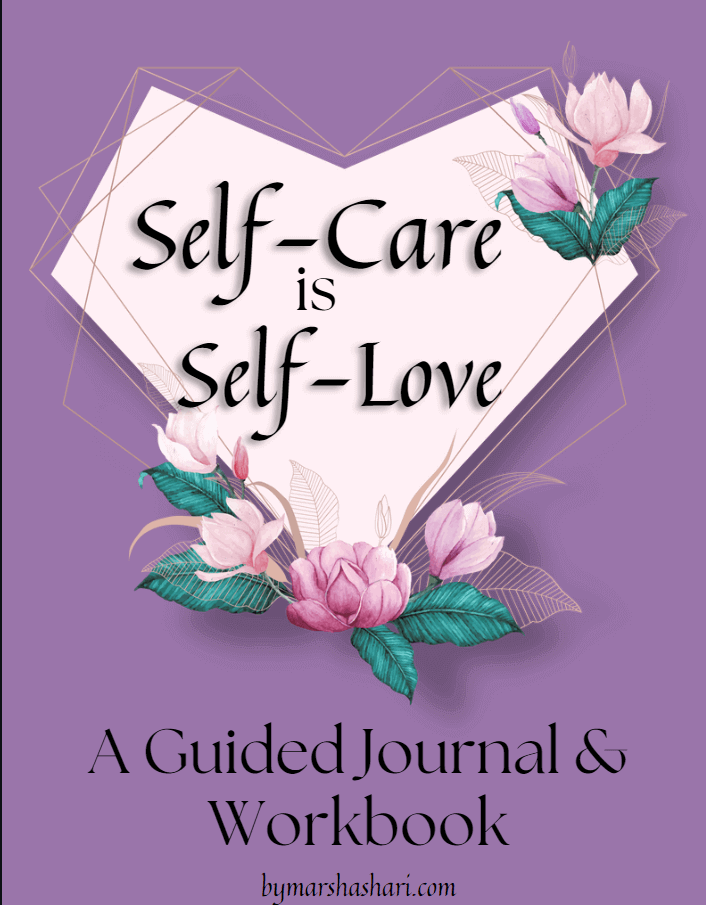Sleep deprivation is a common struggle for many in today’s fast-paced world. Whether it’s due to work demands, family responsibilities, or simply the allure of binge-watching your favorite TV show, lack of sleep can take a toll on both your physical and mental well-being. In this article, we’ll explore the effects of sleep deprivation and provide practical Tips For Sleep Deprivation.
The Effects of Sleep Deprivation:

Sleep deprivation doesn’t just leave you feeling groggy and irritable; it can have serious consequences for your health and productivity. Chronic sleep loss has been linked to a range of issues, including:
1. Impaired cognitive function

Sleep is essential for cognitive processes such as memory, concentration, and problem-solving. Without an adequate amount of rest, your brain struggles to function at its best, leading to decreased performance and productivity.
2. Mood disturbances

Lack of sleep can exacerbate feelings of stress, anxiety, and depression, making it harder to cope with life’s challenges. It can also affect your emotional regulation, leading to mood swings and irritability.
3. Weakened immune system

Sleep plays a crucial role in supporting your body’s immune function. Chronic sleep deprivation can weaken your immune system, making you more susceptible to infections and illnesses.
4. Increased risk of chronic diseases

Studies have shown that long-term sleep deprivation is associated with an increased risk of conditions such as obesity, diabetes, and heart disease.
Tips for Surviving Sleep Deprivation:

While getting enough sleep is the best way to combat sleep deprivation, there are strategies you can employ to cope with exhaustion when it’s unavoidable:
1. Prioritize sleep

Make sleep a priority by establishing a regular sleep schedule and creating a relaxing bedtime routine. Aim for 7-9 hours of quality sleep each night to allow your body and mind to recharge.
2. Practice good sleep hygiene

Create an optimal sleep environment by keeping your bedroom cool, dark, and quiet. Limit exposure to screens before bedtime, as the blue light emitted by electronic devices can interfere with your body’s natural sleep-wake cycle.
3. Take strategic naps

If you’re feeling particularly tired during the day, a short nap can help boost your energy levels and improve your mood. Aim for a nap of 20-30 minutes to avoid waking up feeling groggy.
4. Stay active

Regular exercise can help improve the quality of your sleep and reduce feelings of fatigue. Aim for at least 30 minutes of moderate exercise most days of the week, but avoid vigorous activity close to bedtime, as it can interfere with sleep.
5. Limit caffeine and alcohol

While caffeine can provide a temporary energy boost, excessive consumption can disrupt your sleep patterns. Similarly, while alcohol may help you fall asleep initially, it can interfere with the quality of your sleep later in the night.
6. Manage stress

Chronic stress can make it harder to fall asleep and stay asleep. Practice relaxation techniques such as deep breathing, meditation, or yoga to help calm your mind and prepare your body for sleep.
7. Seek support

If sleep deprivation is affecting your daily life and functioning, don’t hesitate to seek support from a healthcare professional. They can help identify any underlying issues contributing to your sleep problems and provide personalized treatment recommendations.
Conclusion
While occasional sleep deprivation is inevitable, chronic sleep loss can have serious consequences for your health and well-being. By prioritizing sleep, practicing good sleep hygiene, and adopting healthy lifestyle habits, you can better cope with exhaustion and navigate the challenges of sleep deprivation. Remember, taking care of your sleep is an investment in your overall health and happiness Learn More Blogs

Other Posts You May Like
- 8 Ways to stay on the same team in Marriage
- 13 Signs of A Healthy Relationship And How To Stay On The Same Team
- Do you know what kills a marriage?
- 6 things you should not tolerate in a relationship
- 7 Things that every man needs
- SHOULD YOU DATE A PASSIVE MAN
- Why Men Pull Away
- Amazing Health Benefits of 3 Different Herbs
- Organic Eating on a Tight Budget: A Quick Guide
- How to build a growth mindset in kids?
- What are 5 Best Books on Mindset and Success?
- 10 Best Fragrances Every Man Will Love
- Top 10 Best Fragrances for Women 2021
- Top 5 Unique Gifts Your Girlfriend will Love 2021








Leave a Comment